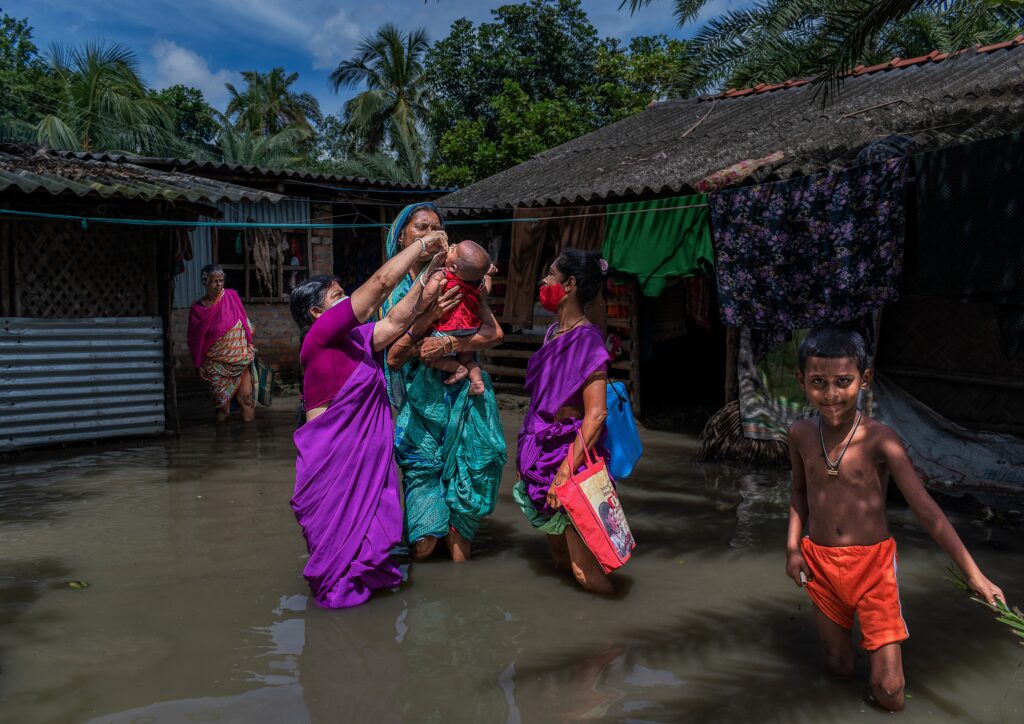
Photo: Pixel
The rainy season often witnesses an upsurge in cases of hepatitis A and E infections. This increase is attributed to various factors, including contaminated water and food. Gastrointestinal issues, including liver diseases, become more prevalent during the monsoon months. To combat these challenges, it’s crucial to understand the causes behind this heightened hepatitis risk and adopt preventive measures for a healthier liver.
Causes of Increased Hepatitis Risk During Monsoon: Monsoon-associated gastrointestinal problems, such as liver infections, are primarily caused by the consumption of contaminated water and food. The prevalence of hepatitis A and E rises as a result of poor sanitation, consumption of unclean raw foods and vegetables, and indulgence in street food prepared with potentially contaminated water. These factors contribute to an elevated risk of hepatitis transmission. Contaminated water and improper food handling pave the way for stomach infections like dysentery, diarrhea, and typhoid, ultimately leading to hepatitis A and jaundice.
Effects on Liver Health: Hepatitis A and E infections can significantly impact one’s overall well-being, potentially leading to liver damage if left untreated. The onset of these infections is often accompanied by jaundice, evident through the yellowing of the skin and eyes. Failing to seek timely medical intervention can escalate the situation, resulting in acute liver failure, necessitating liver transplantation.
Preventive Measures for a Healthy Liver:
To mitigate the risks associated with hepatitis infections during the monsoon, several preventive measures should be followed:
- Water Quality: Boil water before consumption to eliminate potential contaminants. Ensuring the purity of the water you drink is essential in preventing hepatitis transmission.
- Food Hygiene: Refrain from consuming raw or uncooked foods, especially from street vendors. Wash fruits and vegetables thoroughly before consumption.
- Street Food Caution: Avoid street food that might be prepared using contaminated water or under unsanitary conditions. Opt for home-cooked meals to reduce exposure to harmful pathogens.
- Hand Hygiene: Regularly wash your hands with soap and clean water, especially before eating or handling food.
- Avoid Juices and Cut Fruits: Steer clear of juices, drinks, and cut fruits sold by roadside vendors, as they might be prepared using contaminated water or unsanitary practices.
- Vaccination: Consider getting vaccinated against hepatitis A and E as a preventive measure.
- Timely Medical Consultation: Seek medical attention promptly if you experience symptoms of gastrointestinal discomfort or suspect hepatitis infection. Follow your doctor’s prescribed treatment regimen diligently.
Conclusion: The monsoon season’s association with an increased risk of hepatitis A and E infections underscores the importance of adopting preventive measures. By prioritizing water and food safety, practicing proper hygiene, and seeking timely medical intervention, individuals can minimize their vulnerability to hepatitis infections and maintain optimal liver health.